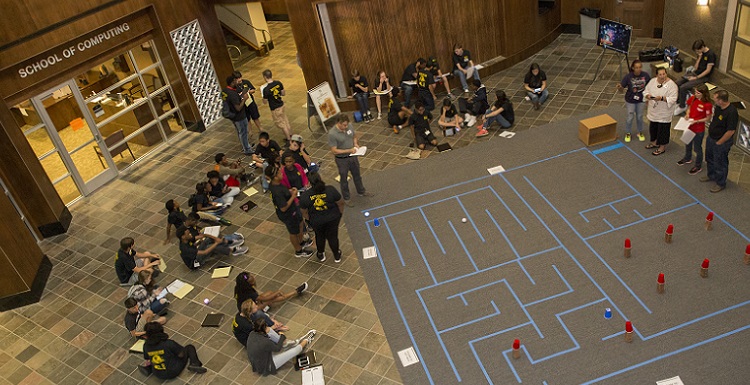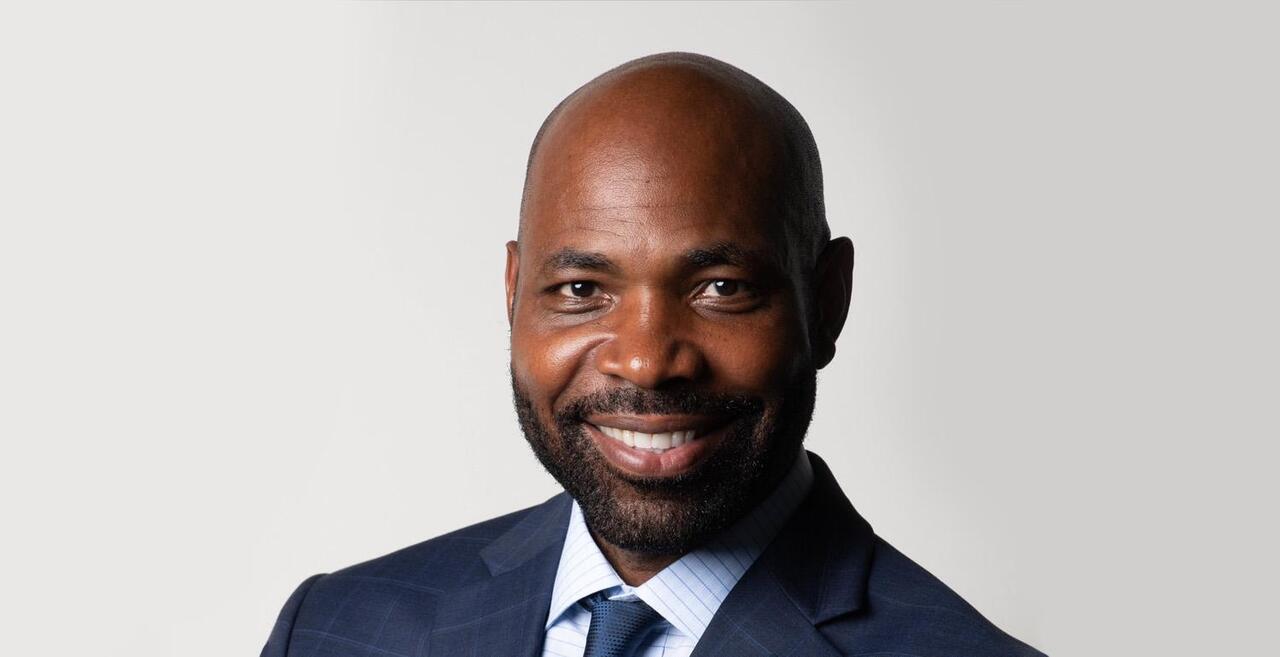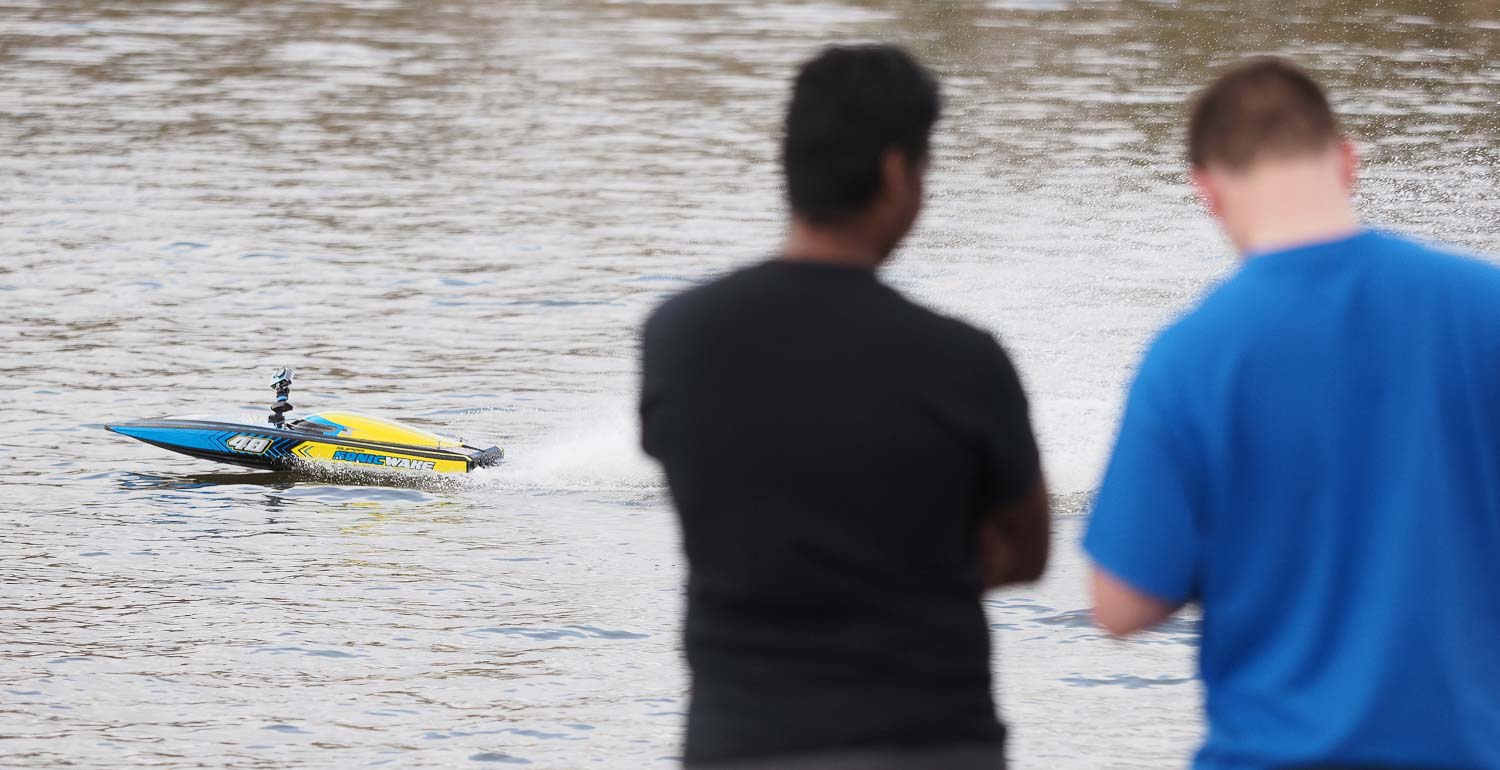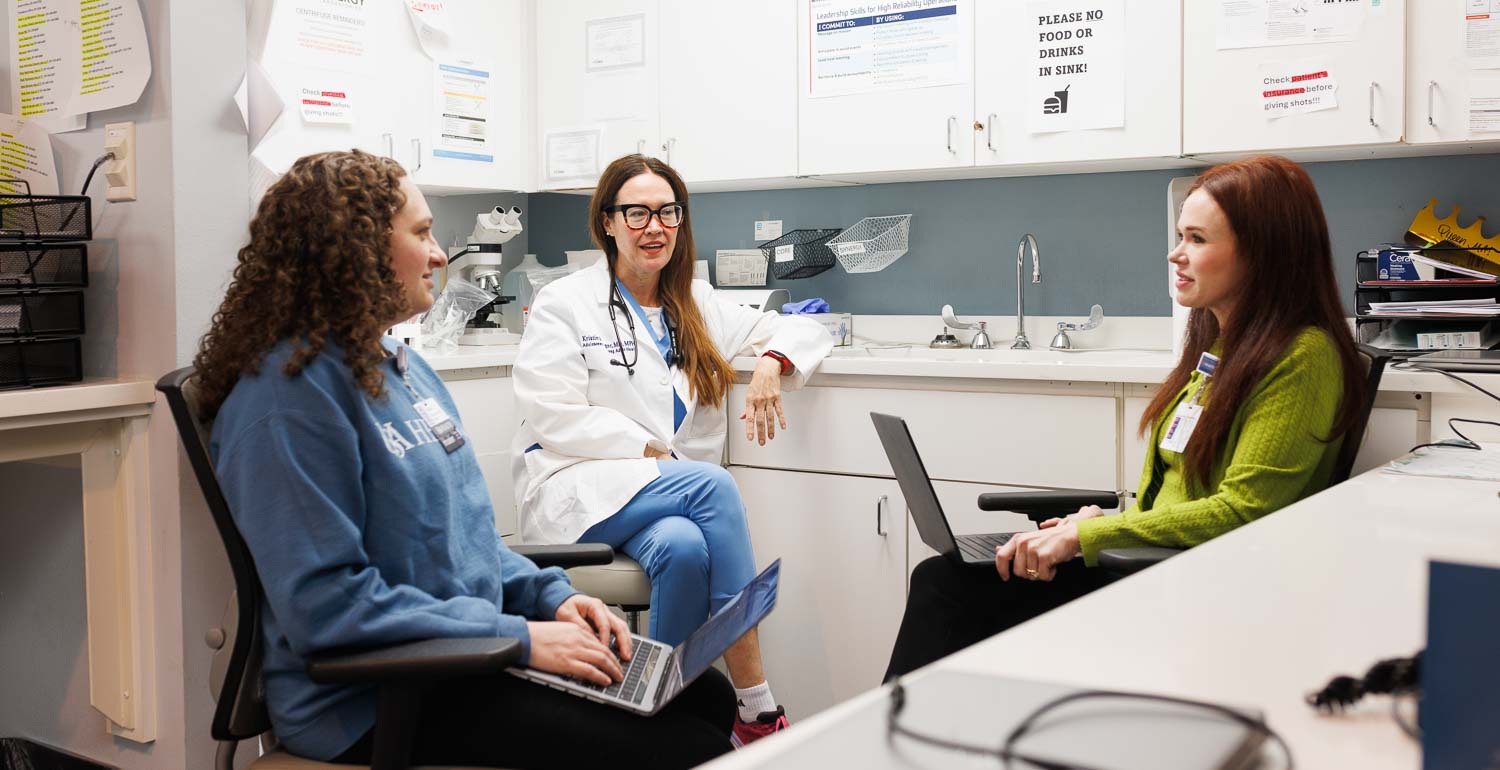USA Camp Offers Teens Primer on Cybersecurity
Posted on August 2, 2017

On a recent afternoon, the shouts and laughter of 48 teenagers filled the atrium of Shelby Hall, home of the University of South Alabama School of Computing, as they guided a robot inside a maze laid out on the floor.
Divided into 10 teams, each one’s leader armed with an iPad, the goal was to guide Sphero, a robotic ball that strongly resembled the popular robot BB-8 introduced in the latest “Star Wars” movie series. Earlier, each group had spent time programming the robot for the maze, then loading their instructions into the iPad.
“Look out! He’s going the wrong way,” squealed one of the girls. Laughter filled the atrium as the robot slammed into a wall of the Sphero Maze laid out along the building’s floor.
The teens, all students at Mobile’s Davidson High School, were participants in the 3rd Annual GenCyber Camp held at the University of South Alabama and sponsored by the National Security Agency and the National Science Foundation. The camp promotes correct and safe online behavior, increased diversity and interest in cybersecurity and careers in the nation’s cybersecurity workforce as well as improved teaching methods for cybersecurity content in K-12 computer science curricula.
“This is all about them being challenged to learn more about computers, how interesting they can be and how they can become a part of the computing world,” said Dr. Todd McDonald, professor of computing.
The next morning, the students were introduced to the worldwide reality of cybercrimes during a presentation by FBI Special Agent Jim Hlavin, an analyst who specializes in investigating cybercrimes. He walked the students through one of his cases, explaining why and how hackers worldwide function to obtain military, corporate and personal information.
Afterward, Hlavin outlined a variety of jobs available to college graduates inside the FBI.
“This is always a fun and informative week for these students,” McDonald said. “And, hopefully, we’ll see some of them back here as college students in several years.”



